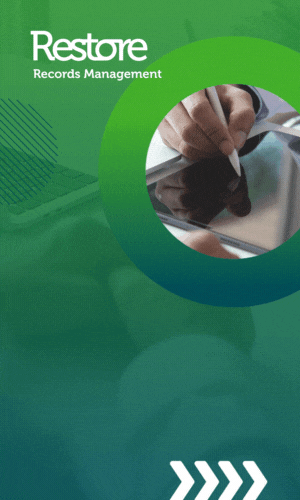Global digital technology company Huma Therapeutics has acquired patient engagement software specialists, iPLATO Healthcare, HTN can reveal.
The move will see the two health tech giants join forces to advance their remote patient monitoring offering for the UK primary care sector.
Huma, which uses its technology to power ‘hospitals at home’ services – such as virtual wards – across the UK, Europe, US, Asia and the Middle East, has purchased iPLATO, whose myGP app is used by almost 2.4m people in England.
The two companies will continue to operate independently but will combine their expertise to enable ‘more proactive, predictive and personalised care for patients’, as part of a joined-up service across primary and secondary care.
It’s estimated that iPLATO currently has a network of around 26.6 million patients across nearly 3,000 NHS primary care organisations using its tech. Users of its myGP app utilise the platform to manage their health by taking control of their own appointments, medication reminders, and ordering of prescriptions.
The acquisition will see iPLATO’s technology partnered with Huma’s remote monitoring tools, which include digital biomarkers that can be used through smartphone cameras and accelerometers to track vitals such as heart rate, heart rate variability, breathing rate, and BMI. The company’s virtual wards technology has already been used by healthcare providers to almost double clinical capacity and help clinicians spot and reprioritise nearly 10 per cent of at-risk patients on surgery waiting lists.
It’s hoped the purchase of iPLATO will also lead to a greater combined focus on more preventative health measures, such as screening and personal risk scores for conditions like cardiovascular disease and depression.
In a statement, Dan Vahdat, CEO and Founder of Huma, said: “We are part of the movement using remote patient monitoring and digital biomarkers to transform healthcare. We’ve already shown how we can help clinicians care for more people whilst offering greater reassurance and oversight from monitoring even when patients are away from the clinic.
“But there is still so much more we can do. We want to introduce digital screening and our peer-reviewed cardiovascular and depression risk scores to give patients even more insight into their own health. Adding these capabilities to iPLATO’s patient engagement expertise gives us a fantastic opportunity to make a significant difference in primary care and help more patients to live longer, fuller lives.”
Tobias Alpsten, CEO of iPLATO, added: “We are excited to offer leading remote patient monitoring capability from Huma to our primary care partners. We see a time when data collection highlights people at high risk, so those individuals can be offered personalised screening, treatment, advice, support and continual follow-up remotely – even alerting clinicians when patients need to be seen in-person. Bringing our patient questionnaires together with Huma’s remote patient monitoring capability means that this future is not too far away.”
HTN also spoke to both companies’ CEOs to find out more about the post-acquisition vision. Dan Vahdat explained: “iPLATO have done a phenomenal job – they’re a big player in the space with around 40 per cent market share, and thousands of GP clinics are using their platform. We want to take that, together, to the next level with Huma technology to bring through ‘digital first’ delivery of care, in parallel with ‘digital first’ population health engagement.
“By looking after, let’s say 20 per cent of the population more proactively through patient monitoring, you reduce the cost…because most of the cost comes when patients show up in hospitals, unannounced, with a deteriorating condition. This is the big opportunity that we feel, together, we can address faster [to] be great partners to the NHS. Huma has always believed this is not a single company mission.”
Tobias Alpsten commented: “Long-term, what brings us together is this vision of ‘predictive prevention’, starting much earlier than where healthcare is currently intervening – which we think is too late. Keeping people healthy for much, much longer has to be the game-plan and that’s what we’re all about.
“If you think the pandemic was challenging then look what’s coming next – millions of backlog [in terms of] operation and interventions that have been put off. We also have [people] who are yet to be diagnosed and, on top of that, you also have this tail of mental health crisis. There’s a lot to work on and, for that, we need big solutions.
“Where we come in is we can monitor people, we can support that at massive scale…we can bring them into these programmes through these two combined platforms. It’s a here and now challenge for our healthcare partners – the story starts now because the challenge is now.”





